Farnborough Airport's plans to increase flight operations could have far-reaching consequences for communities as far afield as Farnham and Petersfield, according to a local environmental pressure group.
The Farnborough Noise Group is gearing up to continue its campaign against the airport's expansion proposal, which members argue would significantly impact local residents, the environment, and public health.
The debate over the airport’s expansion took a new turn recently when Farnborough Airport announced it would delay its expansion planning application until the summer of 2025.
In response, the Farnborough Noise Group convened a public meeting last week at ZERO Carbon’s base in Guildford to discuss the revised plans and the key issues surrounding the expansion.
The meeting was overseen by John Ericsson, chair of the Farnborough Noise Group, and was attended by about 20 residents, as well as representatives from Rushmoor and Waverley borough councils.
Here, participants expressed concerns about the potential rise in noise pollution and air quality degradation resulting from increased flight numbers, which they argue could negatively affect property values and public health in the surrounding areas.
A significant portion of the meeting focused on the environmental implications of the proposed expansion.
The group claimed that sustainable aviation fuel (SAF) is currently neither feasible nor sufficient to meet the aviation industry's long-term net-zero targets, including the UK government's "Jet Zero" strategy by 2050.
Mr Ericsson also pointed out that the aviation sector will be competing with other industries for resources as it strives to reduce its environmental footprint.
He argued that even if sustainable fuel and carbon capture technologies were to become viable in the future, the costs would be prohibitive.
For instance, he suggested that using SAF could drive up the price of an economy return flight from Prague, increasing the cost from £34 to £350, making air travel unaffordable for many people.
Other industry solutions, such as using waste oils, for example from chip fat, were also dismissed as impractical. Mr Ericsson pointed out that producing enough waste oil to fuel just one economy flight from Heathrow to New York would require eating 1,800 portions of chips.
The group also raised concerns about the viability of carbon capture technologies, noting that the current cost of capturing a tonne of carbon dioxide is £700 - far too expensive for widespread industry use. Similarly, technologies like electric and hydrogen-powered aircraft remain far from ready for large-scale implementation, the group argued, making it unlikely that the aviation industry will meet its climate targets by the mid-century.
As the debate continues, local communities and environmental groups are expected to intensify their opposition to the proposed expansion, urging the airport to reconsider its plans in light of environmental, health, and economic concerns.
Last summer, the group orchestrated protests at the airport, which were even attended by well-known climate activist Greta Thunberg.
Greta Thunberg at last year's climate protest at Farnborough Airport.
So what is the next step for Farnborough Airport’s expansion plans and what stance will Rushmoor Borough Council take?
For the airport, will it pursue its growth plans, while rejecting the Government’s legally binding obligation to be net zero by 2050?
Chancellor Rachel Reeves is expected to announce in a speech next week that the Government will support plans for expansion at Gatwick, Heathrow and Luton airports, according to the BBC.
The Farnborough Noise Group claimed that the government plans to double the number of UK commercial flights by 2030, introducing much denser flight paths over the South East by 2027, and increasing the number of night flights. This would involve holding stacks at 3,000 ft (914m) over the Waverley and East Hampshire areas.
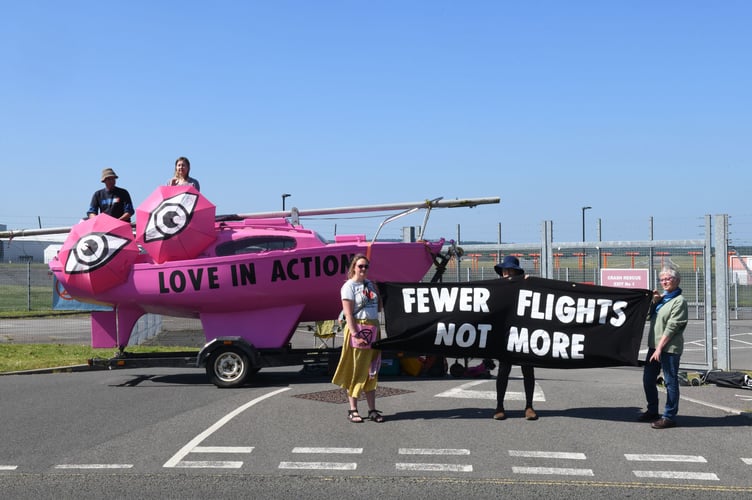
Mr. Ericsson stated that according to consultations the group has had with property experts, the airports’ expansion plans could lead to losses of more than £2 billion in property values across Waverley.
The group is also in talks with Surrey University about research on airborne pollution, particularly from air travel, as more knowledge is needed about its impact.
Any airport growth should be balanced against its social and environmental impacts said Mr Ericsson, who suggested it could be up to the courts, rather than the Government, to determine what is appropriate. This was illustrated by the UK Supreme Court’s 2024 ruling that all emissions must be included in Environmental Impact Assessments, leading to a halt on new oil drilling in Surrey, and subsequently across the UK.
The same decision requires airports to now consider emissions from all flights, something the industry, according to the group, has so far managed to overlook.
The Farnborough Noise Group disputes that the airport's growth will have a significant impact on the local economy, arguing that Farnborough Airport is a 'glorified petrol station' since private jet users typically don’t spend much time in the area.
The group believe the airport’s owners, the Australian investment group Macquarie, intend to sell the airport and the proposed expansion is only to boost the value they would get from a sale.
A spokesperson for Farnborough Noise Group said: “The world isn’t that simple anymore and when the money from such growth ends up in the pockets of corporates and the very wealthy, few ‘normal’ people buy it.
“The situation with our rivers is a case in point and the owners of Farnborough Airport are the ex-owners of Thames Water and now Southern Water. Do we really expect such businesses to make the right decisions that benefit the population at the expense of their profits?”
Thames Water was owned by a Macquarie consortium-led ownership from 2006 to 2017, which according to The Guardian newspaper, led to a debt increase of £7.4 billion while an estimated £2.7 billion was paid out in dividends to investors.
The Farnborough Noise Group argues that a similar situation is unfolding at Farnborough Airport. Debts owed to banks and Macquarie in 2023 totalled £553.3 million, while £37 million was paid in dividends to shareholders and £18.4 million in interest was owed on loans to Macquarie.
Before the meeting ended, Colin Shearn, former chair of the group and one of Farnborough Airport’s most outspoken critics, received a round of applause for his dedication to opposing the expansion.
Mr Shearn’s campaign has led to legal battles with the airport, which he says has taken a severe toll on his health and finances. He was even issued with an anti-social behaviour injunction (ASBI) by Surrey Police in August 2023 for his continued protests against the airport.
This effectively silenced him from challenging the airport, attending public consultation meetings by Farnborough Airport and asking questions about its operations, which forced him to step down as chairman of the noise group.
A spokesperson for Farnborough Airport said its decision to delay its expansion plans was to give it time for further consultation.
The spokesperson said: "It is right that we take the time to ensure that the planning application is responsive and considerate to the feedback that we receive.
“Farnborough Airport is an integral part of the UK's airport infrastructure, and we are committed to delivering the local and national economic opportunities that this application will create."
The airport says that the updated proposals will help meet its share of future market demand, which will be important if the airport is to sustain its economic role in the town and protect the legacy of aviation in Farnborough.
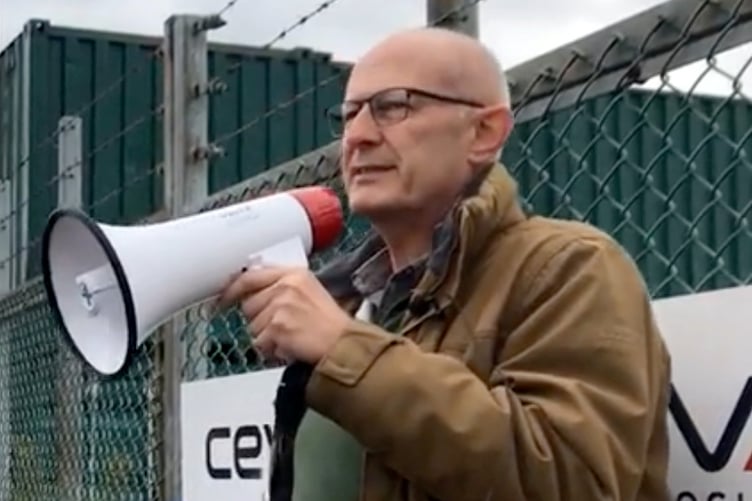
Farnborough Noise Group said that if people wanted to oppose the expansion plans they should contact their local MP or councillor.
Details about the plan can be found at Rushmoor Borough Council’s website here.
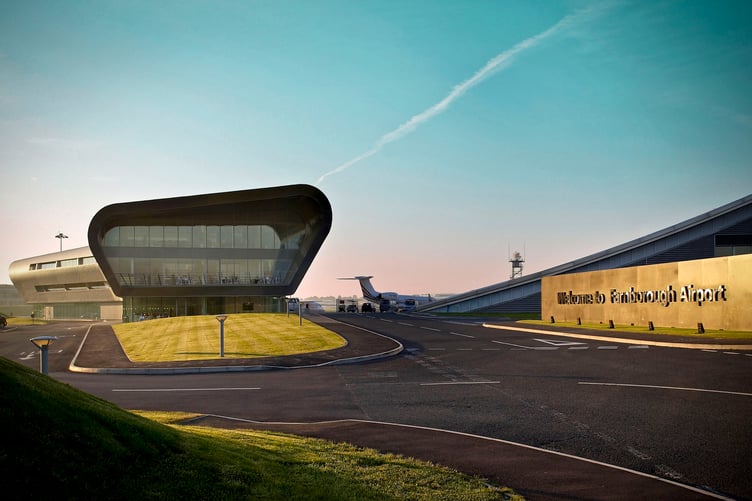


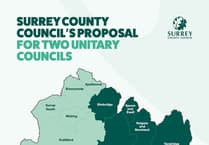


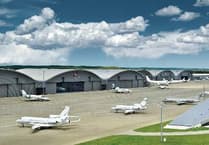
Comments
This article has no comments yet. Be the first to leave a comment.